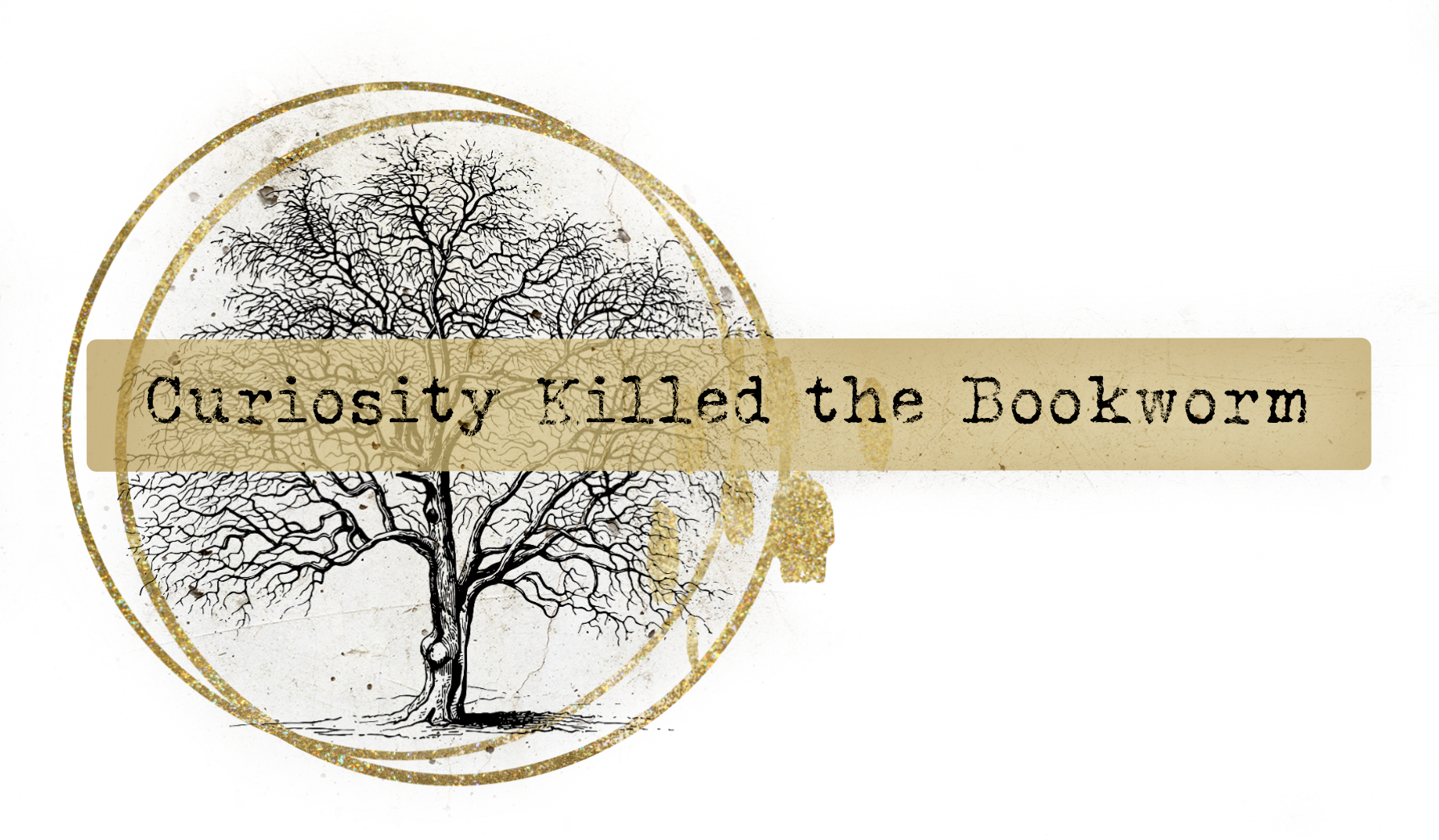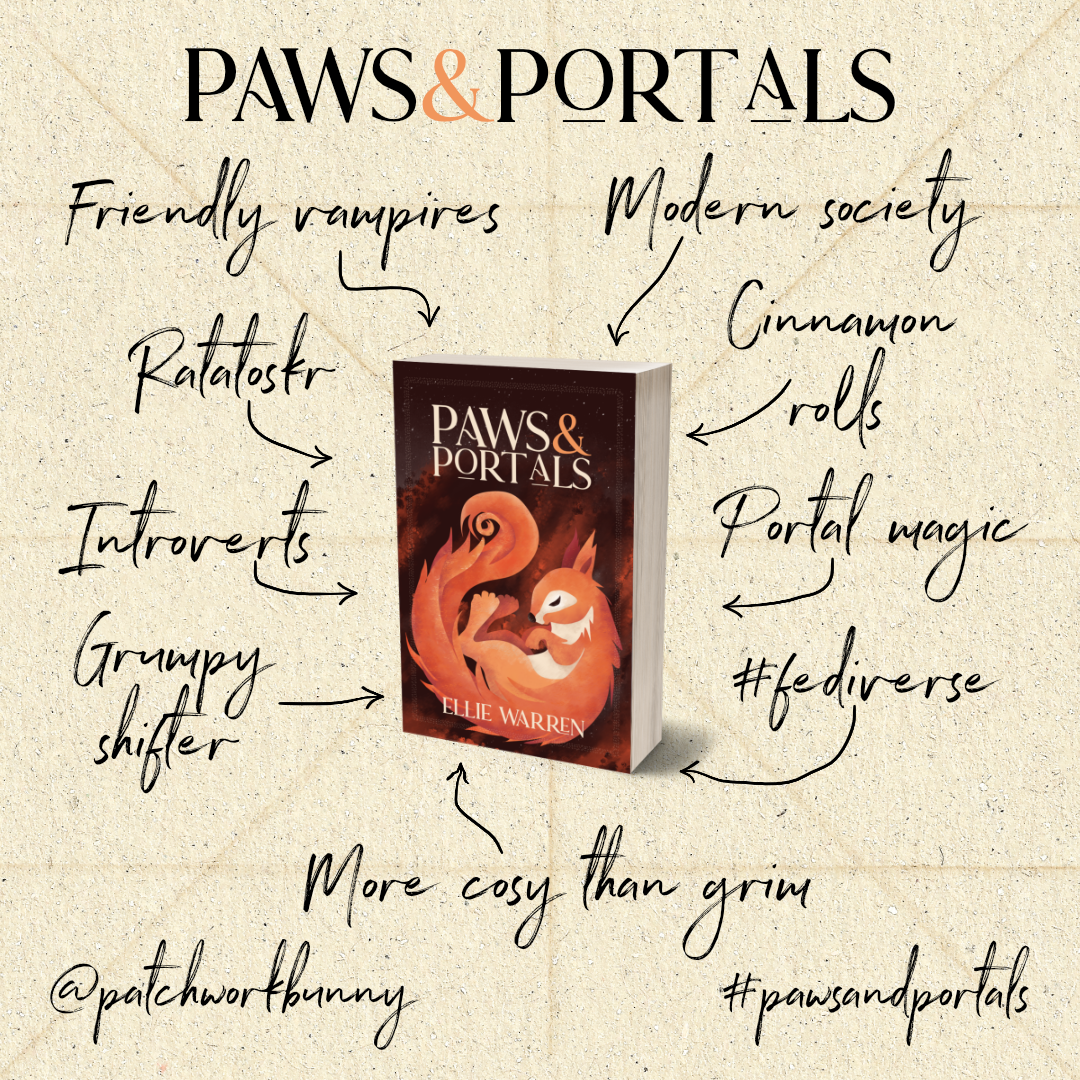For readers who aren’t familiar with The Immortal Trilogy, can you tell us a little about the books and The Descent, the final book in the series?
 The Immortal Trilogy is about understanding the true meaning of love and taking responsibility for your actions. The trilogy starts with Lanore McIlvrae using magic to try to a bind a faithless lover, Jonathan St. Andrew, to her. The magic comes from Adair, a mysterious man with otherworldly powers. She doesn’t understand what she’s gotten them into until it’s too late. She finds out that she’s damned them both for eternity, and it’s up to her to figure out a way to free them. The struggle between the three characters—Lanore, Jonathan and Adair—spans over two centuries, several continents and, in THE DESCENT, takes them to their final battleground: the underworld.
The Immortal Trilogy is about understanding the true meaning of love and taking responsibility for your actions. The trilogy starts with Lanore McIlvrae using magic to try to a bind a faithless lover, Jonathan St. Andrew, to her. The magic comes from Adair, a mysterious man with otherworldly powers. She doesn’t understand what she’s gotten them into until it’s too late. She finds out that she’s damned them both for eternity, and it’s up to her to figure out a way to free them. The struggle between the three characters—Lanore, Jonathan and Adair—spans over two centuries, several continents and, in THE DESCENT, takes them to their final battleground: the underworld.
That’s the pocket description but it doesn’t begin to cover it. The one thing most readers say about the books is that they’re unlike anything they’d read before. So while it’s been compared to Interview With the Vampire and Diana Gabaldon’s Outlander, and The Historian it’s not exactly like any of those books. It’s got elements of historicals, fantasy, paranormal, romance and suspense but it doesn’t belong in any of those genres.
Where did the idea for the storyline come from?
I wanted to write the story of a woman whose love is so strong that it would literally transcend time, but who ends up making a terrible mistake and paying for it for eternity. I’d say there are a lot of inspirations for the story: great tragic love stories, such as Tess of the D’Urbervilles (I’m a big Thomas Hardy fan); Gothics such as Dracula. Anne Rice’s Interview With the Vampire was a big inspiration for The Taker, but mostly for the structure: a character who has lived a long time and under unusual circumstances looks back on her tragic life.
One of the amazing aspects of the trilogy is how real the supernatural elements feel. Do you believe that things like immortality can exist?
The reason the magic in the story feels real, I think, is because unlike a conventional fantasy where you enter a world that’s already fully formed—for instance, in a vampire novel, you more or less know what the “rules” are—in The Taker Trilogy the secret behind the magic isn’t revealed until the very end of the story. The reader is presented with these mysteries and has to make sense of them, just as you would in real life. As a child, I was fascinated by the idea of magic. Children often feel helpless to change their lives and magic can be very appealing in that respect. It certainly was for me! I often wished magic would just happen—poof—and make things better; I learned eventually to make things better for myself.
Did you know how you would end the series before you began writing it?
Believe it or not, The Taker was originally written as a standalone novel. Adair is responsible for the next two books. He ran away with the first book, the way Lestat ran away with Interview With the Vampire (one book blogger has called him “a 21st century Lestat”) and I started to wonder how his story would end. Considering he’s truly immortal, providing an “ending” for him would seem a bit of a conundrum.
Speaking of Adair, he is easily the most captivating and complex character in the series. We’ve seen him be murderous, loving, merciless and sympathetic; it’s hard to know whether or not we should consider him the bad guy. Is he?
He undergoes a complete transformation over the course of the trilogy, all brought about by the power of love. The story of Beauty and the Beast runs through the entire story though not overtly. I think it’s very romantic for a man to be willing to change for the woman he loves. Of course, there are certain things we’re drawn to in our man that we don’t want to change, and in Adair’s case there’s a savage charm that some women find irresistible. But as fearsome as he is, he is willing to be vulnerable for love. What woman can resist that?
What can we expect in the third and final instalment of The Taker series, The Descent? Are we getting a happy ending?
The reviews for The Descent are starting to come in and they’re exactly what I hoped for. So far, reviewers have said that the ending takes the reader completely by surprise and yet feels exactly the way it should be; the mysteries are explained; and yes, there is a happy ending.
Readers who would like to find out more about the books and the author can visit www.almakatsu.com.
Please note, questions and answers have been provided by the author and I have not yet read this series. Let me know what you think, if you have!
Want to win a copy of The Descent? Just enter via Rafflecopter below (European residents only). Alternatively, it’s out now in paperback and ebook formats from Arrow.






